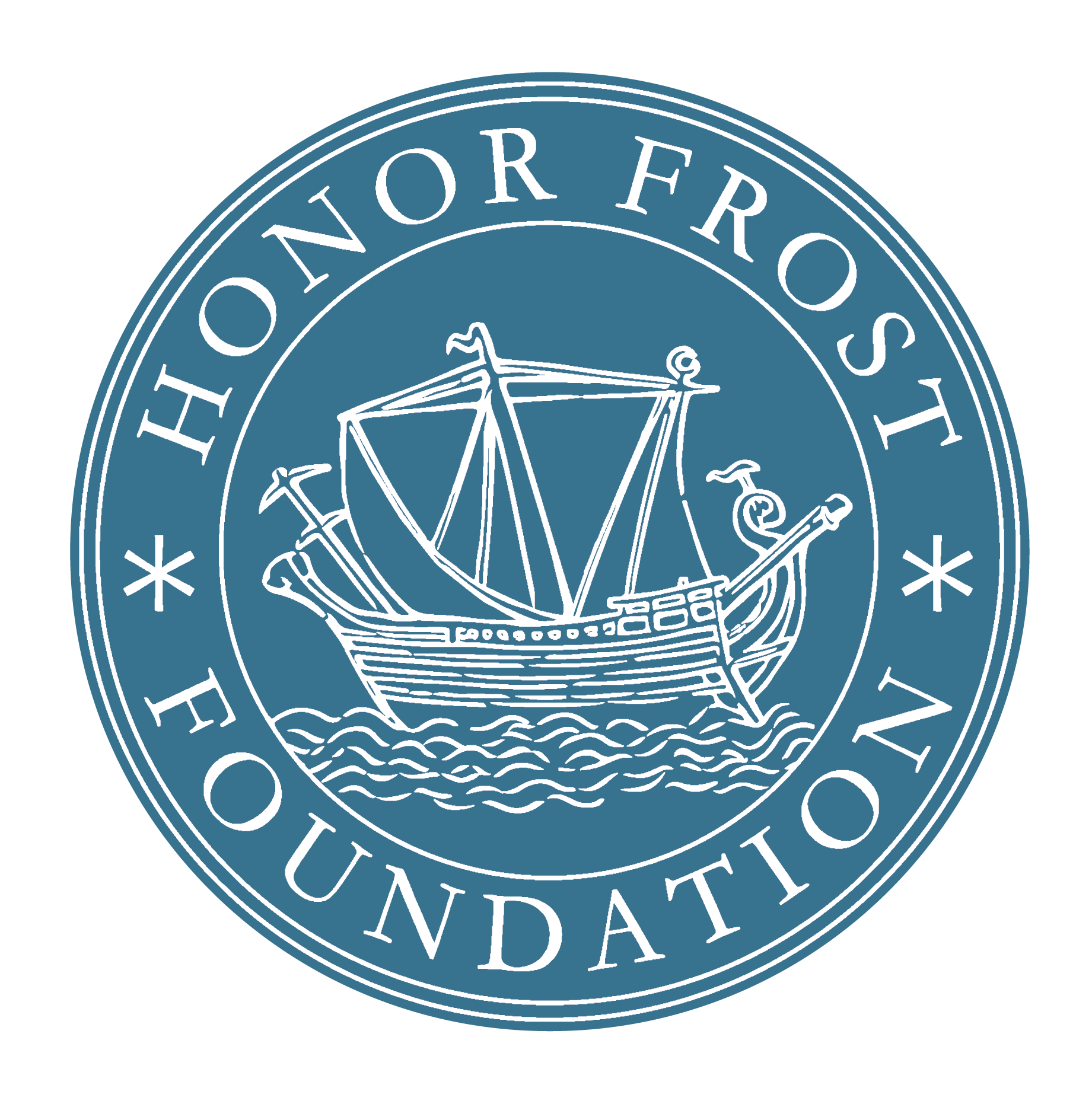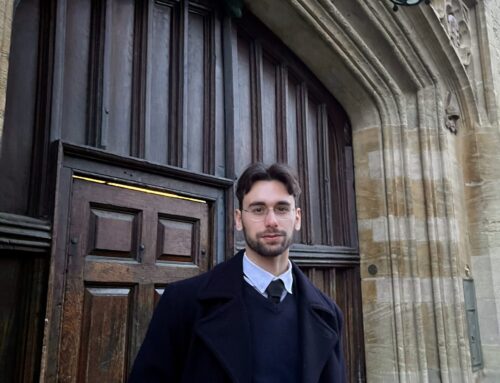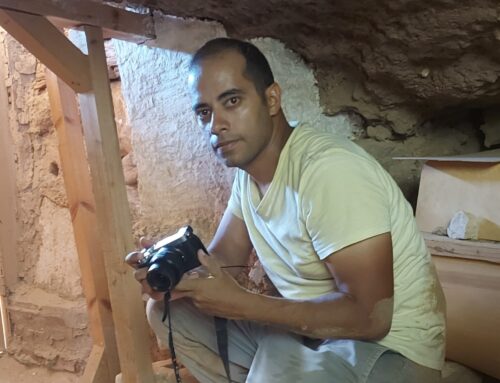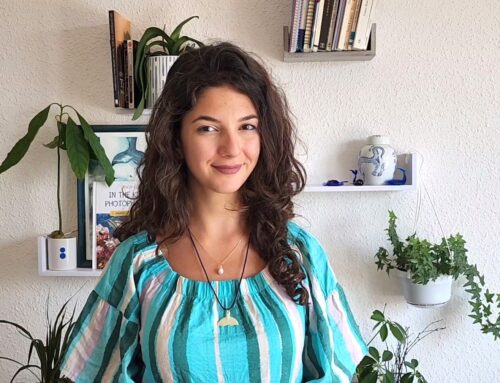Mohammad Ali Itani – 2024-2025 – Southampton University (MA)
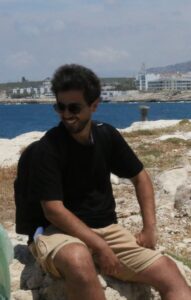 While completing my BA in Archaeology at LU in 2023, I undertook the MSCU minor at AUB with the support of a HFF scholarship. Building on this, I am pursuing a MSc Maritime Archaeology at the University of Southampton.
While completing my BA in Archaeology at LU in 2023, I undertook the MSCU minor at AUB with the support of a HFF scholarship. Building on this, I am pursuing a MSc Maritime Archaeology at the University of Southampton.
In a broad sense, I am keen to specialize in post-LGM coastal morphodynamics of the north-eastern Levantine Sea. My intended approach is through the development of regional and local scale transgression velocity models of the inundated continental shelves. The immense geoarchaeological utility of TV models for accurate reconstructions of submerged cultural landscapes steered me into this direction.
Given the sea level low-stands throughout the LGP, my targeted area afforded bounteous landscapes for human exploitation during a critical transitional period in human history. Moreover, the shelf was a part of the geographic region considered to be the first to foster the transitional processes. Therefore, it is inevitable to study these submerged shelves in order not to skew the archaeological record and reach a true holistic understanding of fundamental archaeological concepts.
Considering the faculty and diverse research groups at UoS, undertaking the MSc Maritime Archaeology constitutes a great opportunity for me. I look forward to capitalizing on the department’s expertise to become a major contributor to the development of submerged prehistory in the region.
Previous study
I am currently pursuing a BA in Arts and Archaeology at the Lebanese University. Coming from a scientific background, as I hold a BSc in Physics from Beirut Arab University, I am going through my archaeology studies with an advertency to the applied sciences’ approach towards the field. I am interested in the deployment of archaeological sciences to reconstruct paleo-landscapes and to better understand how landscapes changed through the Quaternary glacial-interglacial cycles. Since questions related to how the change in paleo-landscapes shaped later hominin evolution, migration paths, and settlement patterns are ones I look forward to working on in my prospective career.
The southern Levantine coast provides optimal circumstances for the formation of accurate and well-preserved natural paleo-RSLi. Moreover, Lebanon was situated in the heart of the Levantine corridor of the Pleistocene, and a currently underwater part of it was, for considerably long periods of time, dry since MIS7. So, areas that were inhabited by Neanderthals and Homosapiens are now submerged underwater. Therefore, in addition to its historic records, the Lebanese coastal area is one of the most suitable places to study early human activity.
Accordingly, being awarded a scholarship by the HFF to undertake the MSCU minor is a brilliant opportunity. To be put on track to become a competent practitioner and play a role in the collective responsibility of developing the Lebanese maritime archaeological scene.
2023 Update
I have recently completed my BA in Arts and Archaeology at the Lebanese University. Nevertheless, my principal area of focus is the study of submerged prehistory and palaeolandscapes in the northern Levantine basin. The dispersal of h.s. sapiens and their interaction with Neanderthals, earliest experimentations with agriculture and seafaring, development of the agro-pastoral-marine subsistence system, transition to sedentism, and the coastal expansion of Neolithization into Europe are central concepts to my academic pursuit. These concepts originated my advertence towards maritime geoarchaeology.
Since the Last Glacial Maximum, significant transitional developments in human history have taken place along palaeo-coastlines. The continental shelf of the Eastern Mediterranean, for a sufficient glacially-controlled sea-level lowstand period, afforded bounteous palaeolandscapes for human exploitation. Therefore, it is indispensable to study the submerged shelf, down to the LGM shoreline, in order not to skew the archaeological record and reach a true, holistic understanding of the aforementioned key concepts. Consequently, getting into marine sciences and maritime archaeology is inevitable for me. In that sense, pursuing the MSCU minor was a pivotal step in my prospective career path.
The multidisciplinarity of the MSCU program was of meticulous adequacy at this stage of my academic endeavor. Submerged prehistory, as a discipline, apart from its technical limitations, is fundamentally challenging due to the fragmented archaeological record and scarcity of direct evidence. It necessitates the incorporation of an extensive range of disciplines to examine different proxy indicators. Meanwhile, the MSCU program offers four courses covering a wide array of subjects, including maritime archaeology, geomorphology, oceanography, marine geophysical techniques, prospecting, mapping, MCH management and legislation, and maritime economics. In addition to a fieldwork course that provides full hands-on experience with marine and terrestrial surveying methodologies. On that basis, the MSCU minor helped me develop a more targeted and fine-tuned approach to my field of interest.
Lebanon’s location in the center of the Levantine corridor of the Pleistocene entails a significant Palaeolithic potentiality. Moreover, considering the inundated shelf as an extension of the current terrestrial landmass, it is possible to extrapolate the Palaeolithic potentiality to the submerged prehistory of Lebanon. However, the Lebanese submerged prehistoric archaeological record is still to resemble its true potential, and there is a lot to be done to fulfill it. Personally, I strive to bear a part of this tremendous collective responsibility. Accordingly, being awarded a scholarship by the HFF to undertake the MSCU minor was a brilliant opportunity for me to be put on track and develop my practice.
